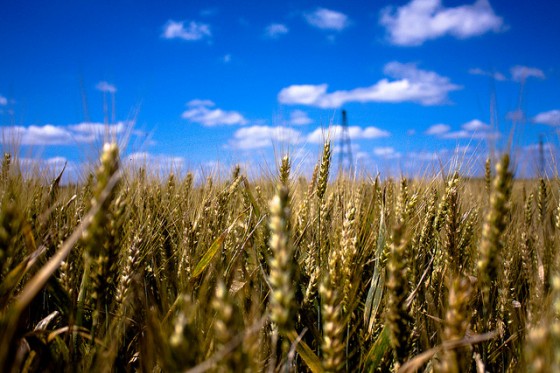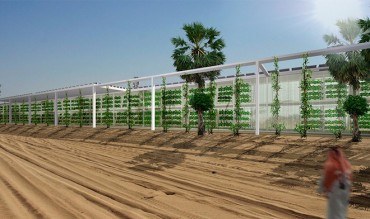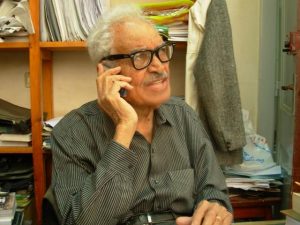 Following the food riots that rocked the Middle East, Algeria is bolstering its agricultural self-sufficiency through irrigation projects and tax breaks for local producers
Following the food riots that rocked the Middle East, Algeria is bolstering its agricultural self-sufficiency through irrigation projects and tax breaks for local producers
Food security is a tricky topic to grasp because food doesn’t just rely on the water and sun it needs to grow but also on the price of oil, the right climate and suitable agricultural land. These along with other factors such as the health of the economy and political stability all affect the price of food staples which we rely on and illustrate the complexity of food security.
Take for example the recent revolts in the Arab world. Sparked by the rising cost of food, they had the effect of pushing up the price of food higher due to the rising price of oil in the period of instability. In response to its own food riots in early January, Algeria has launched a range of projects to improve its agricultural self-sufficiency and food security.
According to reports by the Oxford Business Group, Algeria wants to improve its food security by discouraging imports and raising local production through irrigation projects to limit the country’s vulnerability to external commodity shocks.
As the world fourth largest importer of wheat, Algeria is slowly reducing its dependency with wheat imports falling by 8.5% between 2009 and 2010. Cereal imports were also down from around $5.4bn in 2009 to $5.2bn in 2010.
To help bridge the gap, irrigation projects are planned to increase domestic crop production- the government wants to expand its irrigation networks and increase irrigated surface area from around 400,000 hectares to 1 million hectares by 2015.
Around 9,000 hectares of land in the Bouira and Bejaia province have already earmarked for irrigation which will boost agricultural production in the area from around 30,000 tonnes to more than 120,000 tones a year. The milk and dairy sector had also been targeted for improvements to productivity and efficiency through training programmes.
As the Global Arab Network remarks: “Should the government initiatives bear fruit, then the increased domestic production will go a long way to reducing the dependency on imports, buffering the country’s economy from external commodity shocks and increasing the efficiency of the local agricultural sector. This, in turn, should help keep prices lower and shelves stocked.”
: Image via KevinLallier on flickr.
For more on Algeria and food security see:
How Food Insecurity Fuels Anger in the Middle East
The Water Behind Middle Eastern Woes
Rising Food Prices Behind Riots in Algeria and Tunisia



